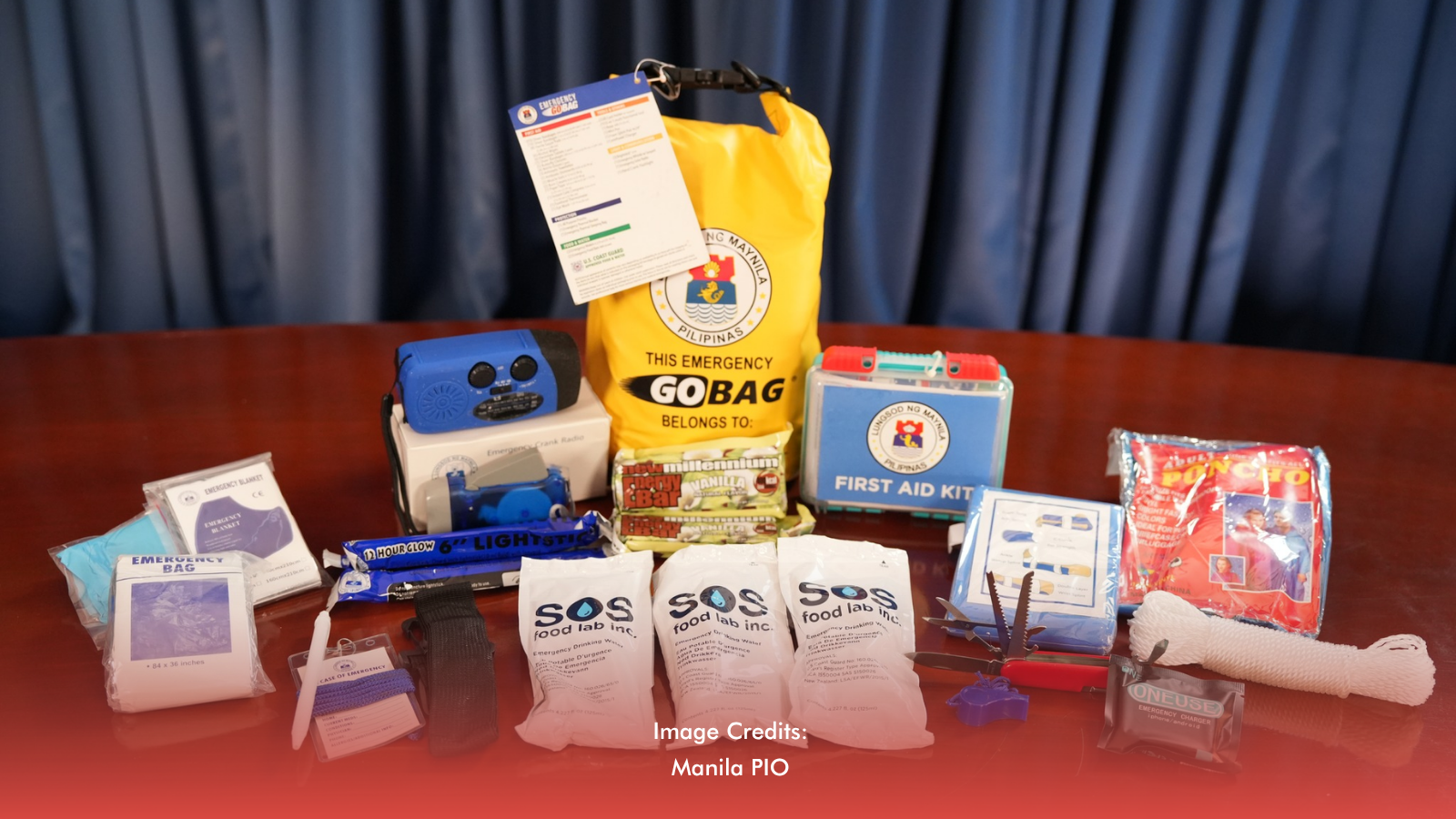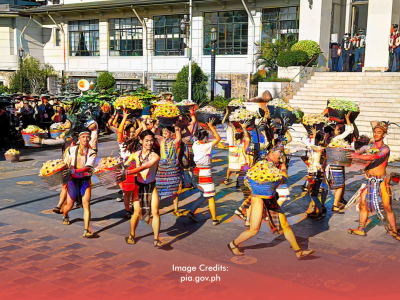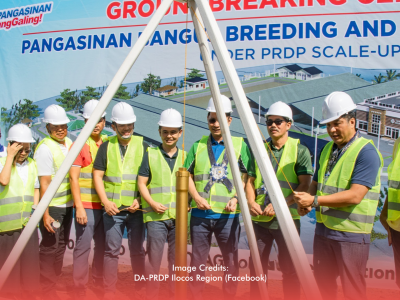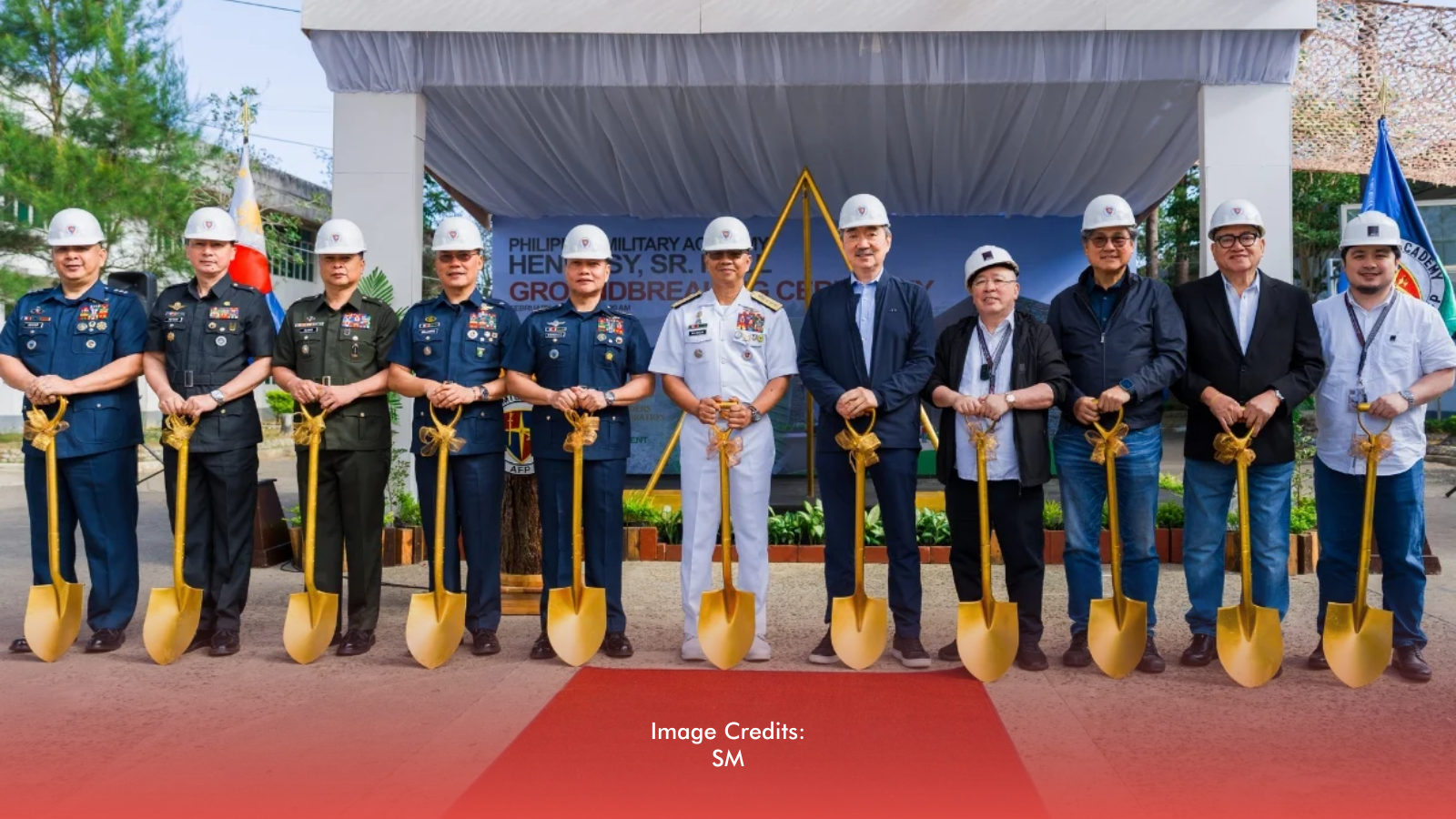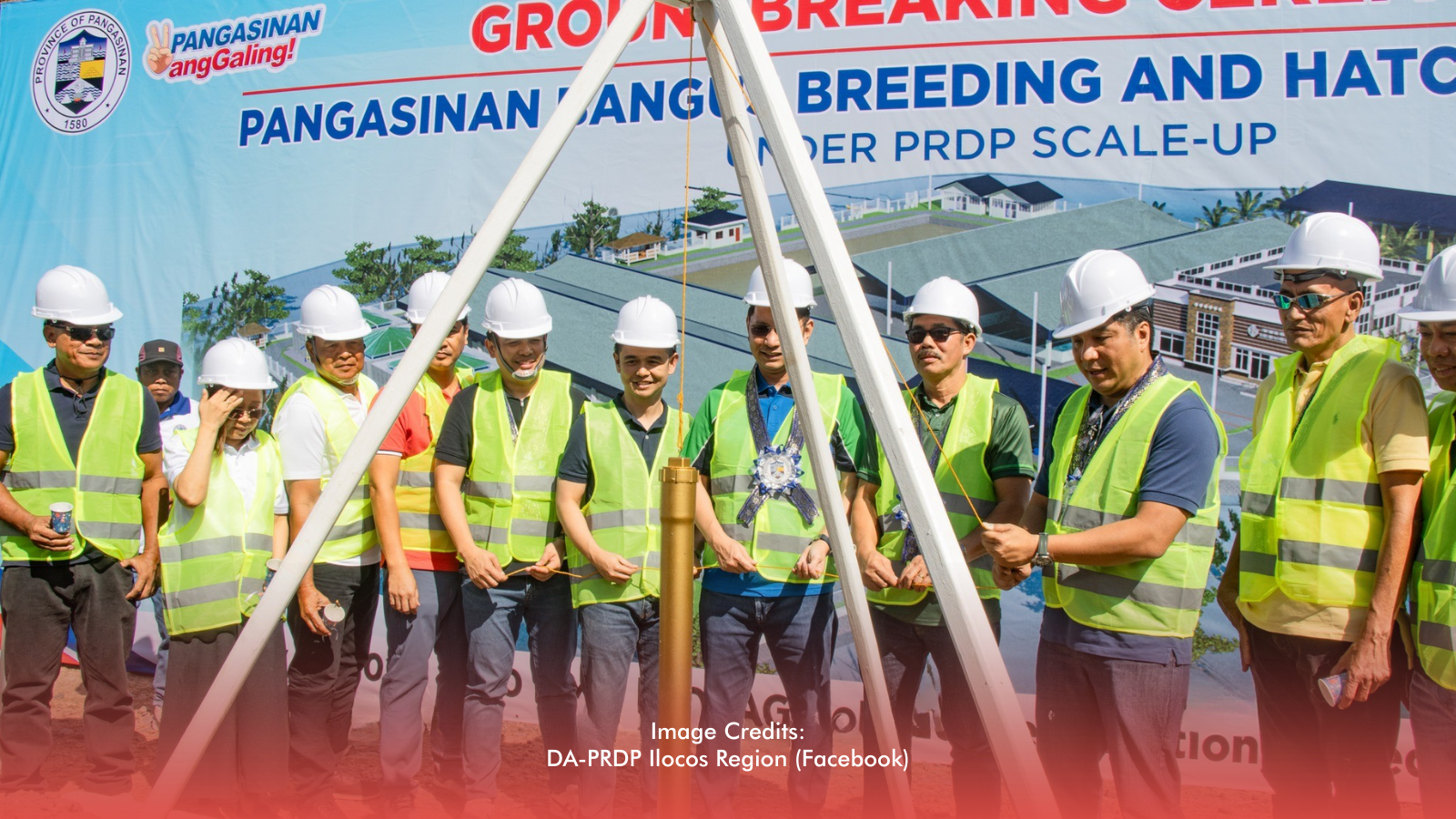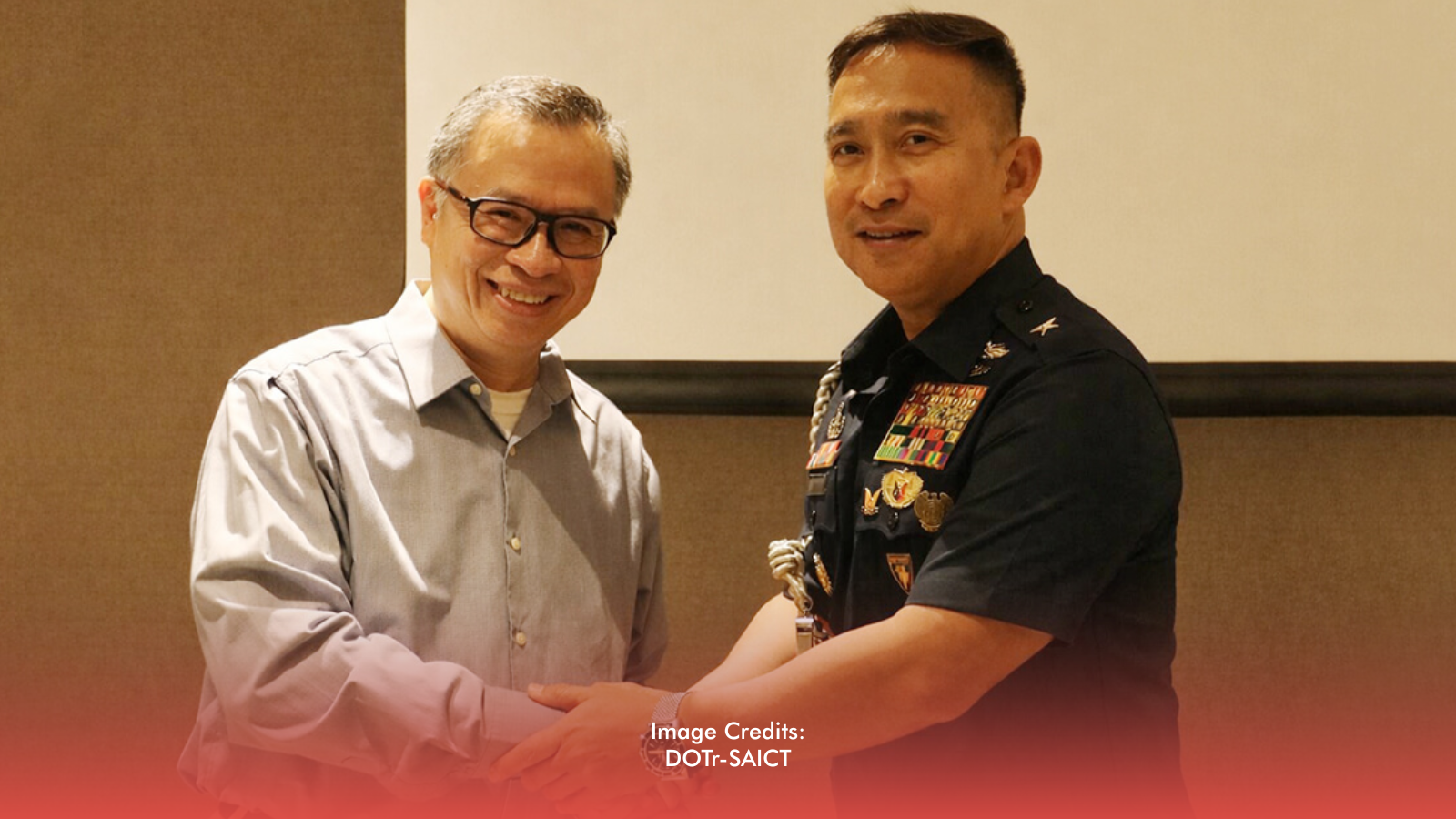As the country braces for the possibility of “The Big One,” several cities in Metro Manila are stepping up their disaster preparedness efforts by providing free go bags to residents. The initiative comes at a crucial time, following the recent earthquakes felt in Cebu, Davao, and parts of Luzon; a clear reminder that disaster readiness is a nationwide concern.
These emergency kits aim to equip communities with the basic tools needed to survive the first critical hours after a major quake. While each city has its own approach, one thing is clear: having a go bag ready can save lives.
RELATED: [The Philippines Must Step Up Earthquake Preparedness - OCD]
Pasig: Comprehensive Essentials at a Lower Cost
Pasig City has invested in accessible emergency kits designed for both households and institutions. The city government was able to acquire each go bag for only ?992 through competitive bidding, significantly lower than the usual retail price online.
“If we bought these outside, it would probably cost more than P2,000 to replicate the contents. Some estimates online say around P1,200 to P1,800 per bag because of bulk orders,” Mayor Vico Sotto explained.
These kits are distributed not just to households but also to schools and transport groups to ensure coverage across the city.
Each Pasig go bag contains a flashlight, whistle, thermal blanket, first aid kit, power bank, bottled water, ready-to-eat food, hygiene kit, radio, raincoat, and a pouch for important documents.
Makati: Supporting Vulnerable Households
In Makati, the city government has prioritized households with elderly residents and persons with disabilities. A total of 11,000 go bags were distributed under the Disaster Risk Reduction and Management Office’s Community Emergency Readiness Project, aimed at strengthening household-level preparedness.
The program is part of the city’s broader effort to build resilience and has earned international recognition, with Makati being named the first and only Resilience Hub in Southeast Asia by the United Nations Office for Disaster Risk Reduction (UNDRR).
Each Makati go bag is made of waterproof material and contains food bars, water, first aid and hygiene kits, flashlights and whistles, emergency blankets, rope, basic tents, and other survival tools.
Taguig: Prioritizing School Preparedness
Meanwhile, Taguig has focused its go bag distribution on schools. The city government handed out emergency kits to 52 public schools to ensure that both students and teachers are ready when emergencies occur.
“We are gathered here today for one particular purpose ‘yan po ay siguraduhin na sa loob ng paaralan, sa kalagitnaan po ng emergency, disaster, man-made or natural, ay mayroon po na mga Go-Bags na mabubunot ang mga estudyante po natin para po sila ay maka-survive sa anuman pong eventuality,” Mayor Lani Cayetano said.
The Taguig go bags contain essential survival items including a flashlight, whistle, first aid supplies, alcohol, masks, and printed emergency guidelines.
Quezon City: Prioritizing High-Risk Communities
Quezon City, through its RESQC Go Bag program, focuses on families living in high-risk zones such as waterways and the West Valley Fault area. These emergency kits are distributed to fire victims, low-income households, and communities frequently evacuated during disasters.
Each RESQC bag includes a first aid kit, flashlight, whistle, AM/FM radio, face masks, emergency food and bottled water, hygiene kit, blanket, emergency ID card, and disaster tips cards.
A Call for Broader Action
The initiatives of Pasig, Makati, Taguig, and Quezon City highlight how local governments can take proactive steps in protecting their residents. As recent earthquakes remind us of our country’s vulnerability, these go bag programs set a standard for other cities and municipalities nationwide.
Free go bags should not be a privilege for a few cities—they should be a standard part of disaster preparedness across the Philippines. This is a wake-up call for local and national governments to provide better emergency support and ensure every Filipino family has the tools to stay safe when disaster strikes.
RELATED: [Bayanihan Goes Digital: Cebu Students Create Quake Relief App]

